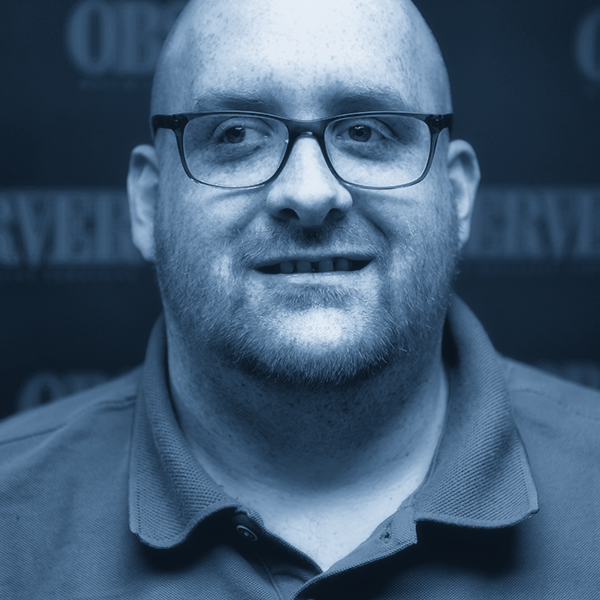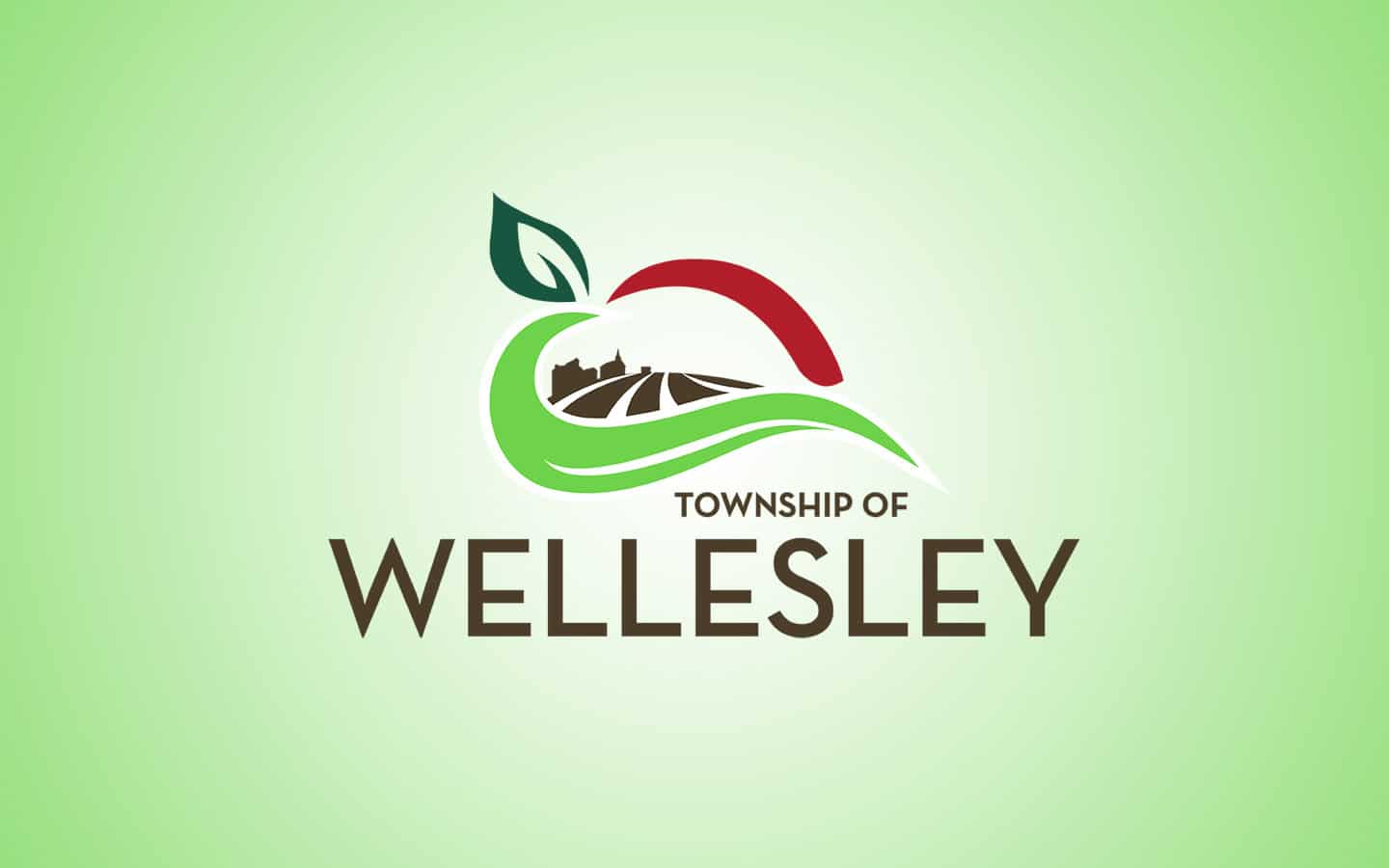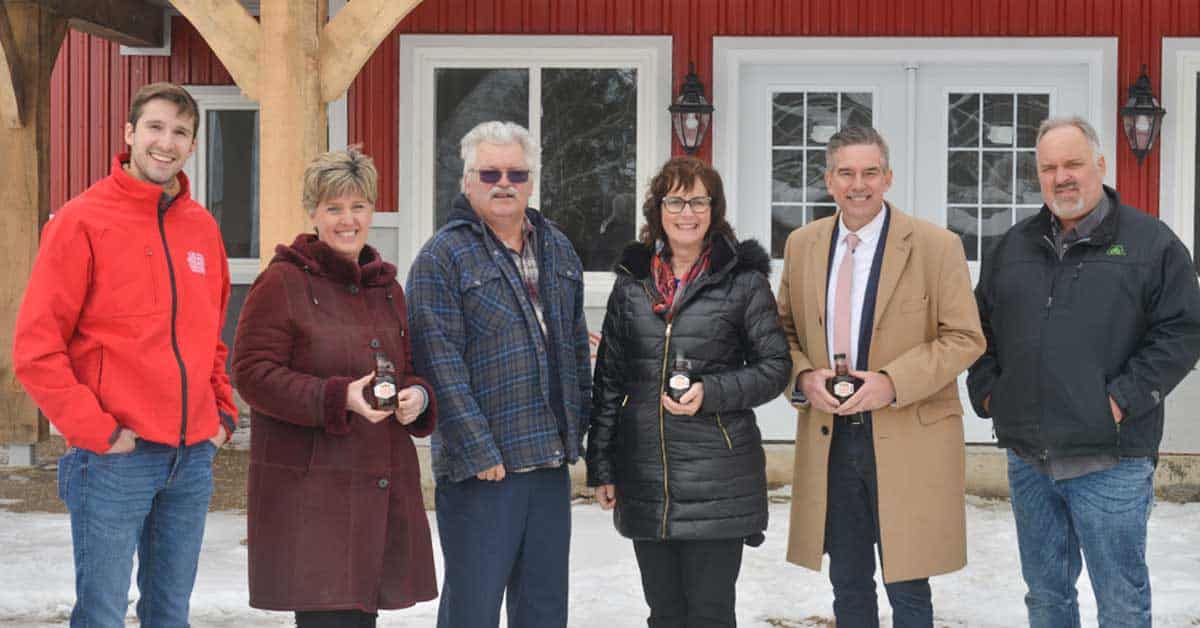As the stalemate between Wellesley council and residents drags on, there are plenty of issues at play, say two local political scientists weighing in on the 14 per cent tax hike in this year’s budget.
“On a one-year basis that’s a big hit. My sense is that people had no idea this was coming. The numbers we’re talking about, we’re not even talking about the region increase and the school board increase, which are going to be significant, too. So the total for people is going to be hard,” said Peter Woolstencroft, a professor emeritus of political science at the University of Waterloo.
As more than half the increase is tied to the debenture on the new recreation centre, Woolstencroft called into question the process by which it was approved. He added that it is not wrong to say there is a lack of transparency from Wellesley council.
“What kind of planning has there been for this new recreation facility? And how much awareness has there been of finance? How does [it] compare with other such facilities in other smaller townships in Ontario? Do people know that they were at the higher end of the cost?”
To help pay for the new facility’s $27 million price tag, the township received a $16.1-million grant from the provincial government, which is a considerable amount for a grant, Woolstencroft said.
“That would be a higher sum than would have been guessed. If you just phoned me up and said, ‘Hey, Peter, how much do you think we got’ I wouldn’t have said $16 million.”
John Milloy is a former Kitchener Centre MPP and the current director at the Centre for Public Ethics at Martin Luther University College at Wilfrid Laurier University. The grant, along with inflationary pressures, has put the council in a tough situation, he said.
“Who wants to leave $16.1 million on the table and will that ever come around [again]? I have some sympathy for them because the cost of major construction projects like this are going through the roof. They don’t want to leave $16 million on the table but at the same time this is a pretty extraordinary tax increase,” Milloy said.
According to Woolstencroft, one of the first things a municipal council is tasked with doing is providing recreation; however, this should not have been allowed to become a problem.
“I understand the brutal reality for people. The truth of the matter is – and this is where I am sympathetic to people in Wellesley – a lot of them don’t have alternatives for income. And suddenly, they’re going to be hit with a change that they wouldn’t have imagined two years ago. So they have to deal with all the inflationary pressures every municipality is feeling. Now this is an extra hit,” he said.
Beyond the recreation centre, as reported in The Observer last week, administration costs at the township have gone up at least 45 per cent from 2021 to 2023. This figure rises to 55 per cent if the township’s asset management plan and increases to reserve fund contributions are included in the total.
However, there are market factors at play, Woolstencroft said.
“The Township of Wellesley is competing with other townships, with the city of Waterloo, Kitchener and all the other comparable governments and in southern Ontario, [never mind] Northern Ontario,” he explained.
“Small councils are stereotypically very frugal, for all kinds of reasons, a leading one being that taxpayers very quickly point to people who are well-paid given the local market and it’s not clear to them that staff are working all the time or very hard. Eventually the demand for staff is inescapable.”
In looking at the issue, Woolstencroft also points to declining participation in local elections, both in the number of candidates and voter turnout.
“There were five seats available in the last municipal election not so long ago, and there were three acclamations. Only two of the wards were contested. But it was a sort of a low engagement election. Turnout dropped from the past election to this one [in] fairly significant numbers. And so that happened in Wellesley, too,” he said.
Last October’s election saw a voter turnout of 24.15 per cent, down from 32.8 per cent in 2018. Mayor Joe Nowak ran unopposed, as did incumbent Coun. Shelley Wagner and newcomer Lori Sebben. Wagner was also acclaimed in 2018 along with former Ward 4 councillor Carl Smit. The election in 2014 was the last time there wasn’t an acclamation in any ward or the mayoral race. That year saw 29.8 per cent of eligible voters cast a ballot.
“When I look at the Wellesley results, an increase of acclamations over time, and the dropping turnout and so on, you have low engagement. People aren’t paying any attention. And now you’ve got people understandably upset about what was a significant increase. I haven’t got my head around it, but it looks like people didn’t expect a big increase, because of the way that the financing for the rink was arranged,” said Woolstencroft.
Milloy calls the low engagement ironic, given that municipal government is closest to home.
“[People] choose not to get engaged in all levels of government, but certainly I think the federal and provincial you see a little bit more interest there. … Discussions of Canada’s foreign policy may be interesting, but…municipal issues like garbage or snow removal or whatever, they’re actually more relevant, but people don’t get involved.”
However, Woolstencroft acknowledged that the relationship between the public and political institutions has been strained recently.
“I will say that, from a very abstract point of view, all our political institutions are being challenged by the trust issue. Do we trust you to do the right thing? And I’m sure there are people in Wellesley Township who are not feeling that they can trust their politicians.”
The onus is on both residents and politicians to drive engagement, Milloy added.
“Council needs to try to engage the population but the population has to want to be engaged and has to have sort of a larger view,” he said.
While the tax increases have led to more political engagement, particularly from the Township of Wellesley Concerned Citizens group, Woolstencroft is calling for that to continue long term.
“What I will be looking for is the equivalent of a tax watch committee organization in Wellesley Township who say we need to have people who are regularly discussing the Wellesley Township budget, and asking questions about why money has been spent,” he explained.
Although there has been some discussion of an oversight committee for Wellesley, this would be expensive, Woolstencroft said.
“I do wonder if previous councils did not establish adequate reserve funds for difficult times. And councils are notorious for deferring maintenance, with the idea being that future councils can deal with it. Eventually, the bills come in and they will be expensive,” he said.
Milloy said that asking the province to step in is not a good option either.
“As someone who spent 11 years at Queen’s Park, we don’t want Queen’s Park running Wellesley or Woolwich or Wilmot or Kitchener-Waterloo. The view somehow that the folks at Queen’s Park know better, which I understand that reaction…we’re seeing what’s happening with the strong mayor powers in Toronto and Ottawa and that’s not going over very well.”









